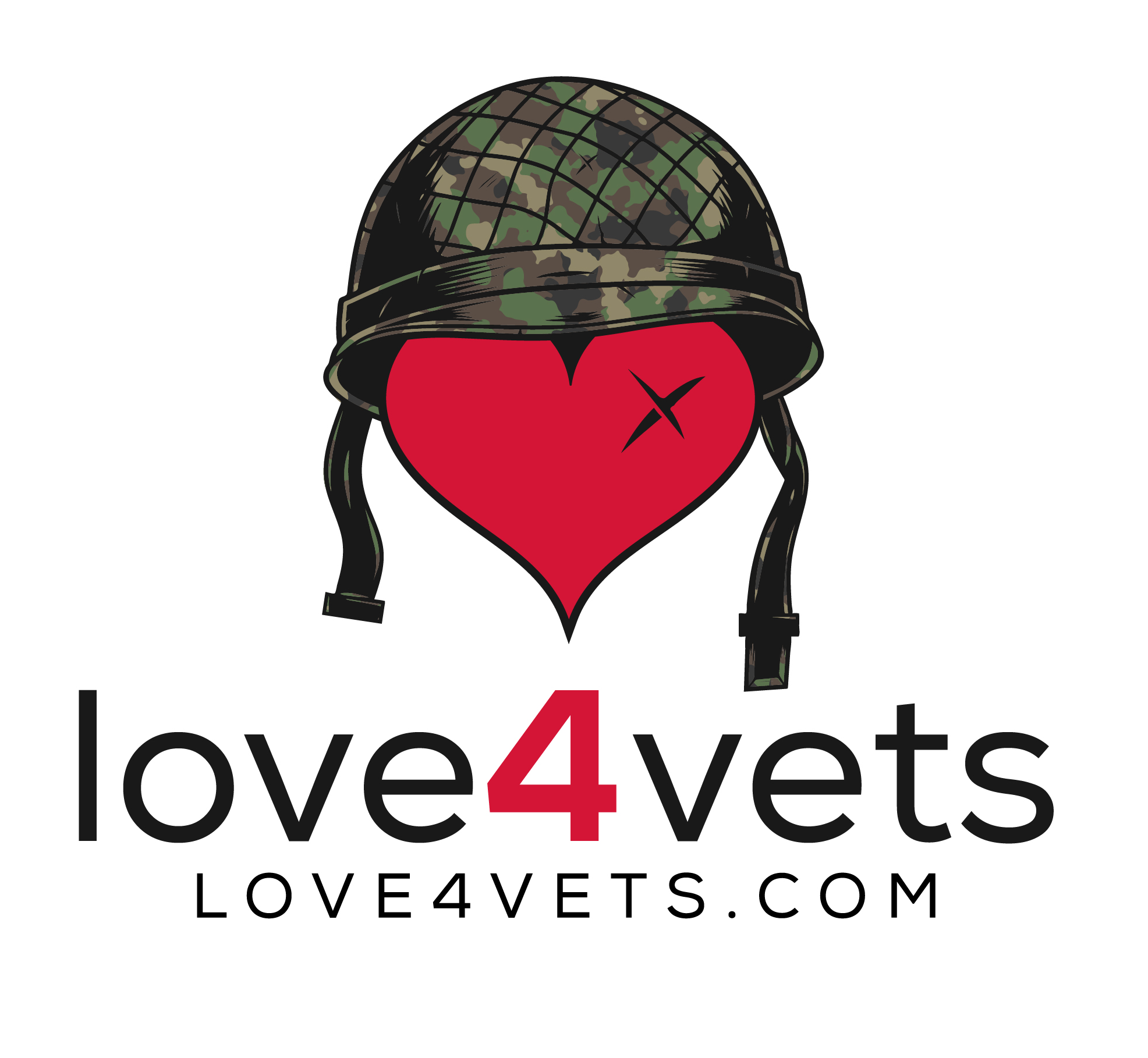Women Veterans and VA Disability Benefits: Addressing Unique Challenges. Women veterans face distinct challenges when accessing VA disability benefits, often due to the unique nature of their service-connected conditions and the historical design of veterans’ services. Addressing these issues is crucial to ensuring that all veterans receive the support they deserve. This blog explores the specific challenges women veterans encounter with VA disability benefits and offers guidance on how to navigate these challenges effectively.
Understanding The Unique Health Challenges of Women Veterans
Women veterans are more likely to experience certain health issues than their male counterparts, including conditions related to reproductive health, mental health disorders such as PTSD from military sexual trauma (MST), and other service-connected disabilities that may manifest differently in women. Recognizing these unique health challenges is the first step in effectively advocating for the necessary benefits.
Barriers To Accessing Care
-
Many women veterans report feeling overlooked by a VA system that has historically been designed to serve a predominantly male population. This can manifest in several ways:
– Lack of specialized care: Women-specific treatment programs and specialists may be less available, making it difficult for women veterans to receive care that fully addresses their health needs.
– Stigma and lack of understanding: Women veterans often face stigma and a lack of understanding from peers and sometimes even from VA staff, which can discourage them from seeking help.
– Underreporting of conditions: Due to stigma, particularly around MST, many women veterans may choose not to report their conditions, which can affect their ability to receive appropriate disability ratings.
Navigating the VA Disability Claims Process
The process of applying for VA disability benefits involves proving that a disability is service-connected. Women veterans, especially those dealing with conditions like MST, may find it challenging to provide the necessary documentation for their claims. Here are some steps to take:
– Documentation: Keep thorough health records and gather any documentation related to in-service events that may have contributed to your condition.
– Legal and advocacy support: Consider seeking assistance from organizations that specifically support women veterans, which can offer guidance on navigating the claims process and dealing with potential appeals.
– Education on rights: Understanding your rights within the VA system is crucial. Knowing what benefits are available and how to appeal decisions is essential for accessing needed support.
Improving Outcomes and Specialized Programs
The VA has made strides in addressing the needs of women veterans, including the establishment of the Women Veterans Health Care program, which aims to make VA health care more accessible to women. This program emphasizes preventive and primary care, along with reproductive health services. Women veterans should explore these specialized programs to ensure they receive comprehensive care.
Advocating for Policy Change
Continued advocacy is crucial for improving the VA system for women veterans. This involves supporting policy changes that ensure more resources and better care specifically for women. Veterans and those who support them can:
– Participate in veteran advocacy groups: Joining or forming groups that focus on the interests of women veterans can amplify their voices in policy discussions.
– Feedback to VA: Providing feedback about experiences with the VA can help the agency identify areas needing improvement and develop targeted solutions.
The Importance of Community Support
Building a support network with other women veterans can provide emotional support and practical advice for navigating the VA system. These networks can be an invaluable resource for sharing strategies that have helped others achieve successful outcomes in their benefit claims.
Women veterans face distinct challenges in accessing VA disability benefits, but by understanding and navigating these challenges, they can enhance their ability to receive the benefits they deserve. The VA is evolving, and with continued advocacy and support, it can become an institution that serves all veterans equally well. Women veterans are encouraged to utilize all available resources and support networks to help navigate the VA benefits system and advocate for the comprehensive care they need.

